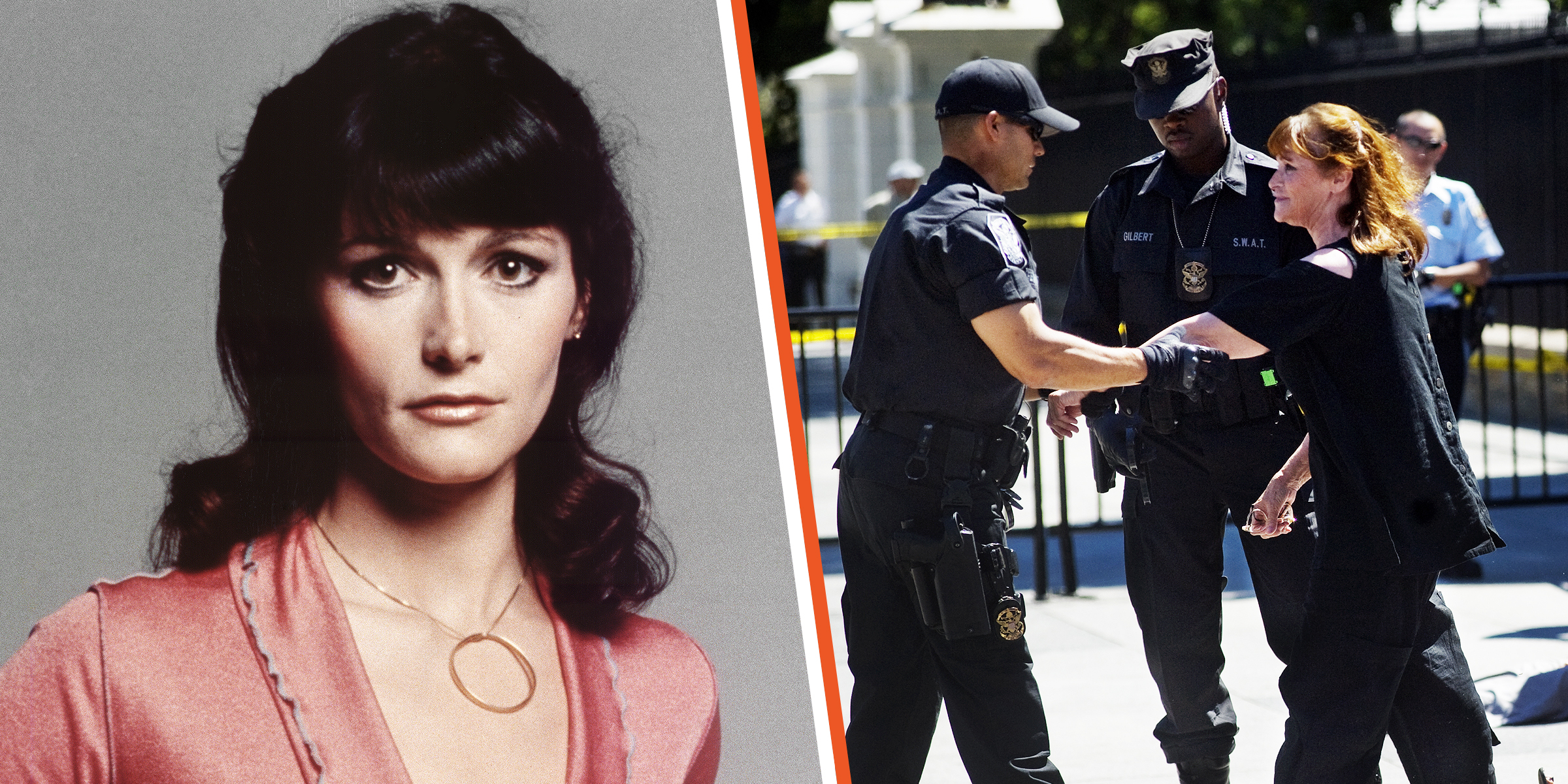
'Superman' Star Margot Kidder Ended up Homeless & Broke - Her Only Child Looked For Her, Hoping She Was Alive
Despite a snowballing career in film that saw Margot Kidder land leading roles in various films, her fall from glory happened so fast, leaving her at the bottom of the barrel. First, she went through a series of divorces, then had an accident that bankrupted her and left her partially paralyzed. It got so bad that, at one point, she was homeless for days.
Margot Kidder was a Hollywood sensation in the early 80s, taking the world by storm with her role as the female lead in "Superman." But where did her story begin?
Kidder was born to mining Engineer Kendall Kidder and his wife Jill, a homemaker. She was the secondborn in a family of five children, but even soon after birth, it was evident she was smart as a whip.
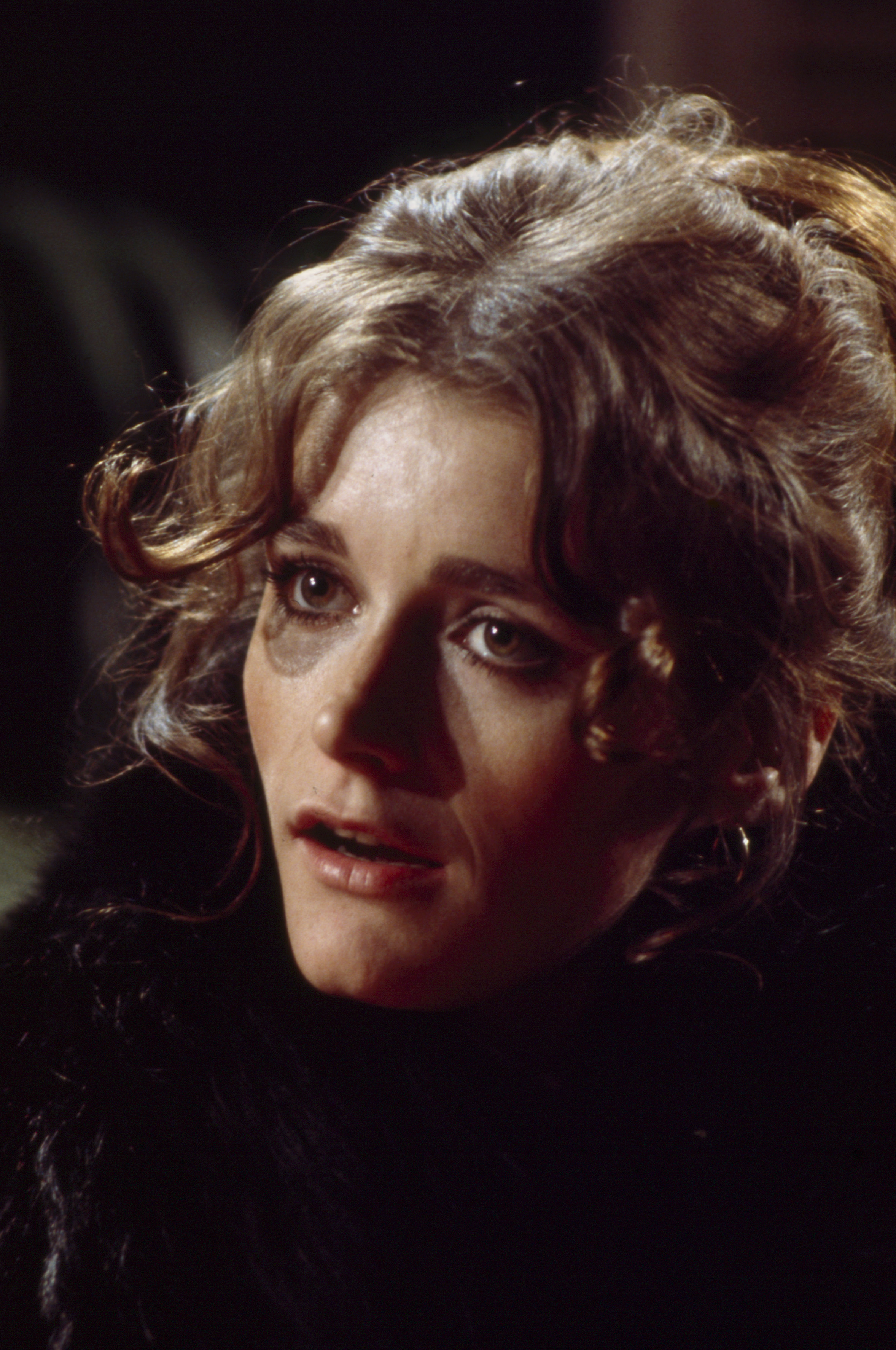
Margot Kidder appearing in the ABC tv movie "The Wide World of Mystery" | Source: Getty Images
She portrayed star-like qualities since she was a little girl, with her Vancouver Magee Secondary School teacher Ruth Rapanos saying Margot "was like a little star."
However, she also suffered from manic depression. She would experience bouts of mood swings, and as a teen, she even tried taking her own life. However, by the next day, she would return to her usual self.
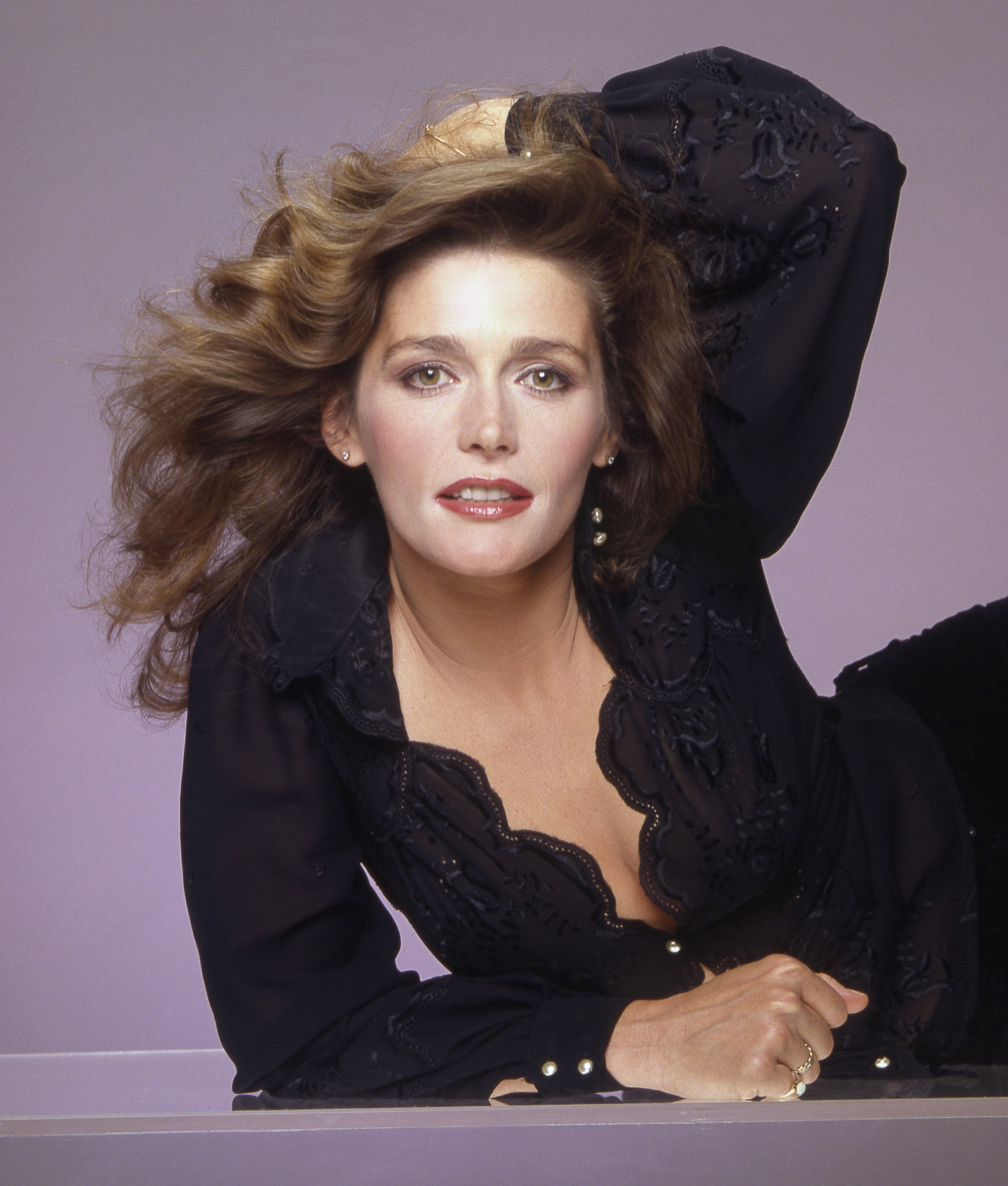
Actress Margot Kidder poses for a portrait in 1985 in Los Angeles, California | Source: Getty Images
In her adulthood, the actress got married thrice. Her first marriage was to novelist Thomas McGuane in 1976, resulting in a daughter, Maggie, that same year. She stopped taking on roles and became a housewife, keen on looking after her daughter. However, she always longed to return to acting.
The union was short-lived, and she and McGuane divorced in 1977. Two years later, Kidder married actor John Heard, a marriage that lasted a record six days.
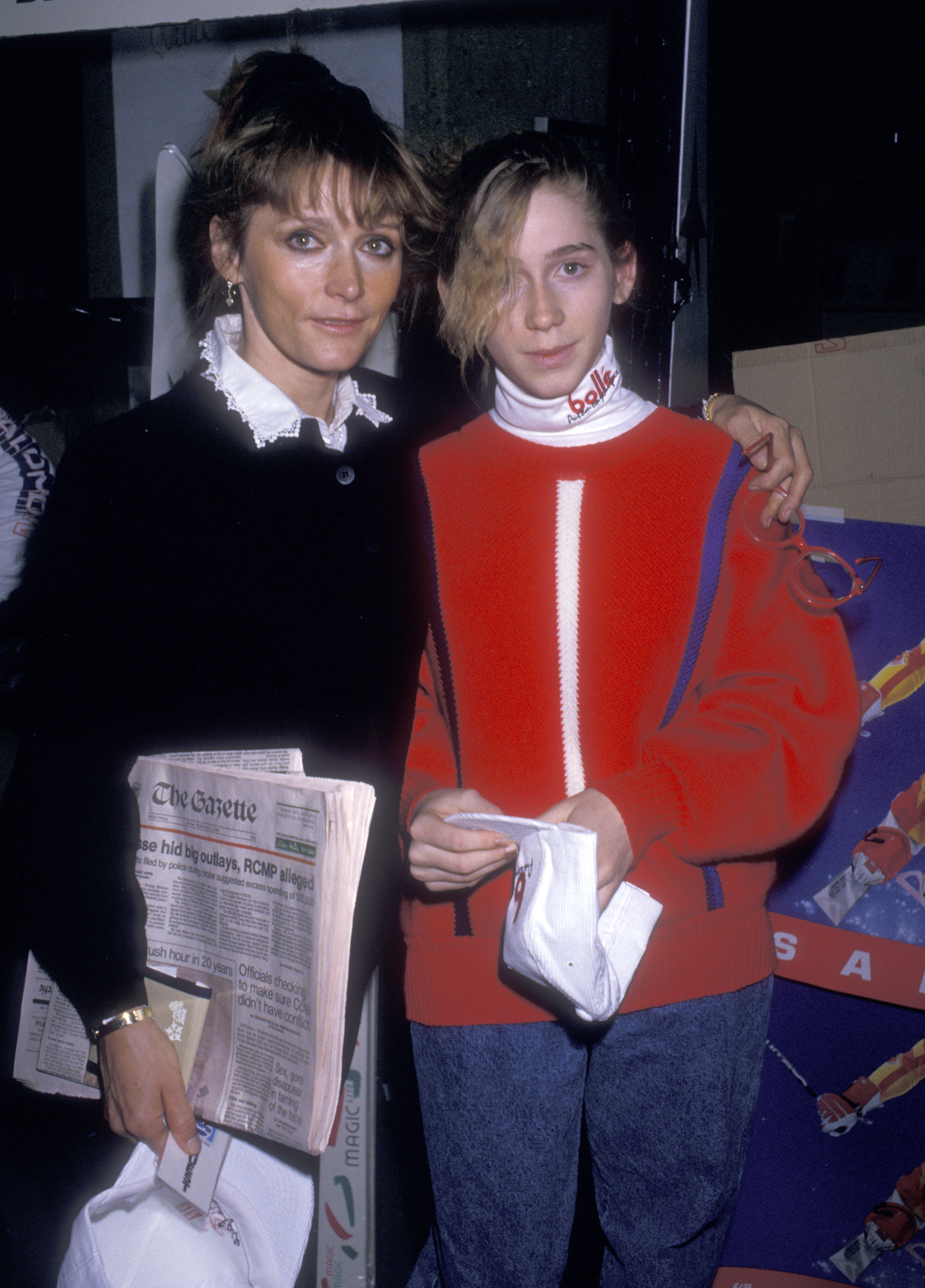
Actress Margot Kidder and daughter Maggie McGuane on February 4, 1988 at Mont Sainte-Anne Ski Resort in Beaupre, Quebec, Canada | Source: Getty Images
A few years later, she tried her luck at marriage again and walked down the aisle with French director Philippe de Broca in 1983. That, too, lasted a year, and the pair divorced in 1984.
Before she wed for the second time, she made a comeback in film and auditioned for the 1978 superhero cult classic, "Superman," landing the role of the lead female Lois Lane, the girlfriend of the lead male Christopher Reeve.
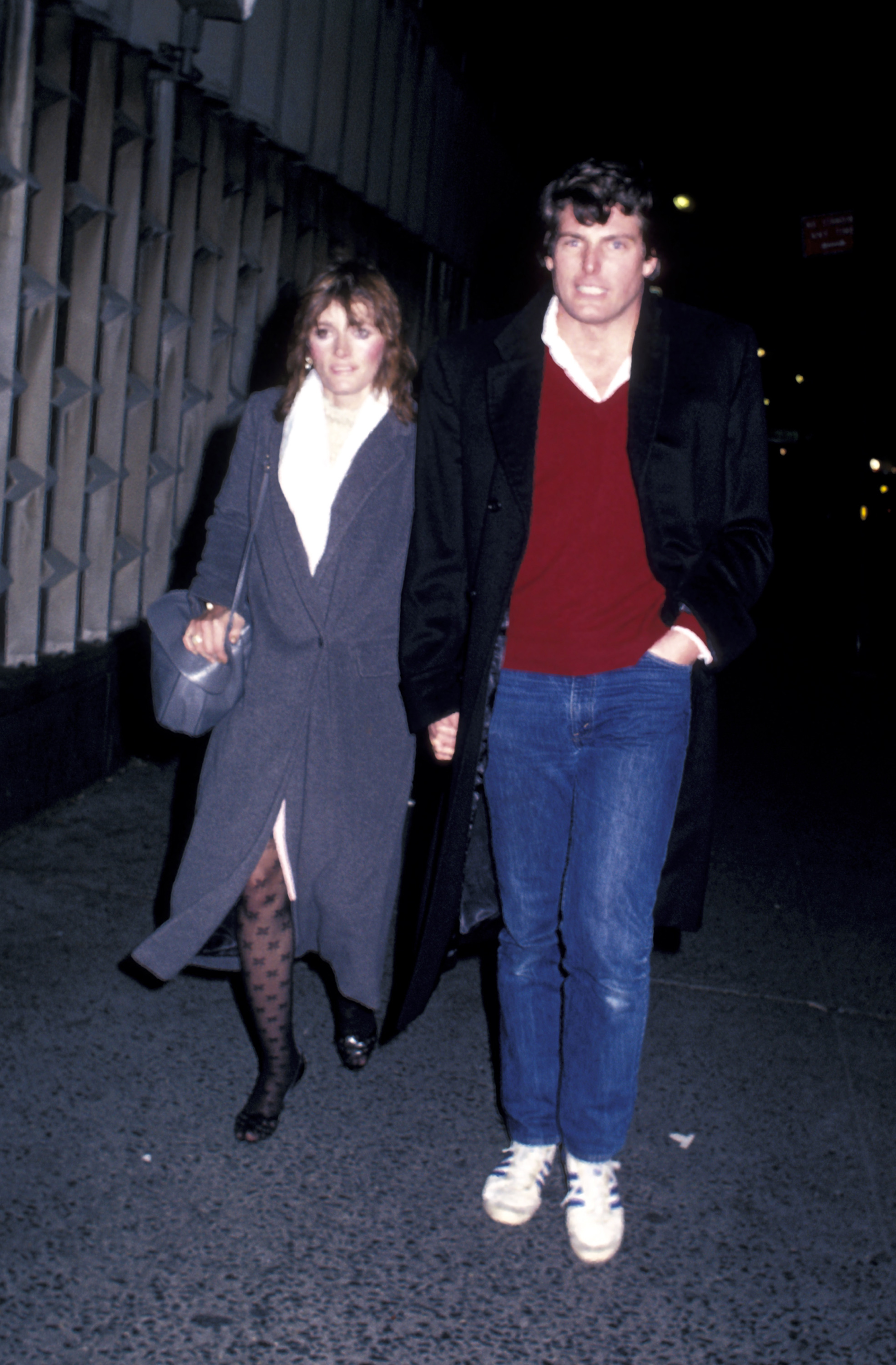
Margot Kidder and Christopher Reeve on Bovember 1, 1982 in New York City, New York, United States. | Source: Getty Images
The film became an instant success, leading to the sequel "Superman II," which also brought her immense fame and recognition.
The Peak of Margot Kidder's Career and Dealing with a Condition That Left Her Homeless and Lost
Kidder always knew she wanted to become an actress, and even as early as a child, she was incredibly aware of the great emotions that came with expressing herself freely. During this time, she wrote in her diary that she wanted to become a big movie star.
She had the conviction that one day her wish would come true. She did not know how, but the dream was very alive in her heart. As is the way of destiny, her chance came through her father's busy work schedule, which saw her change schools occasionally, prompting her parents to enroll her in a boarding school.
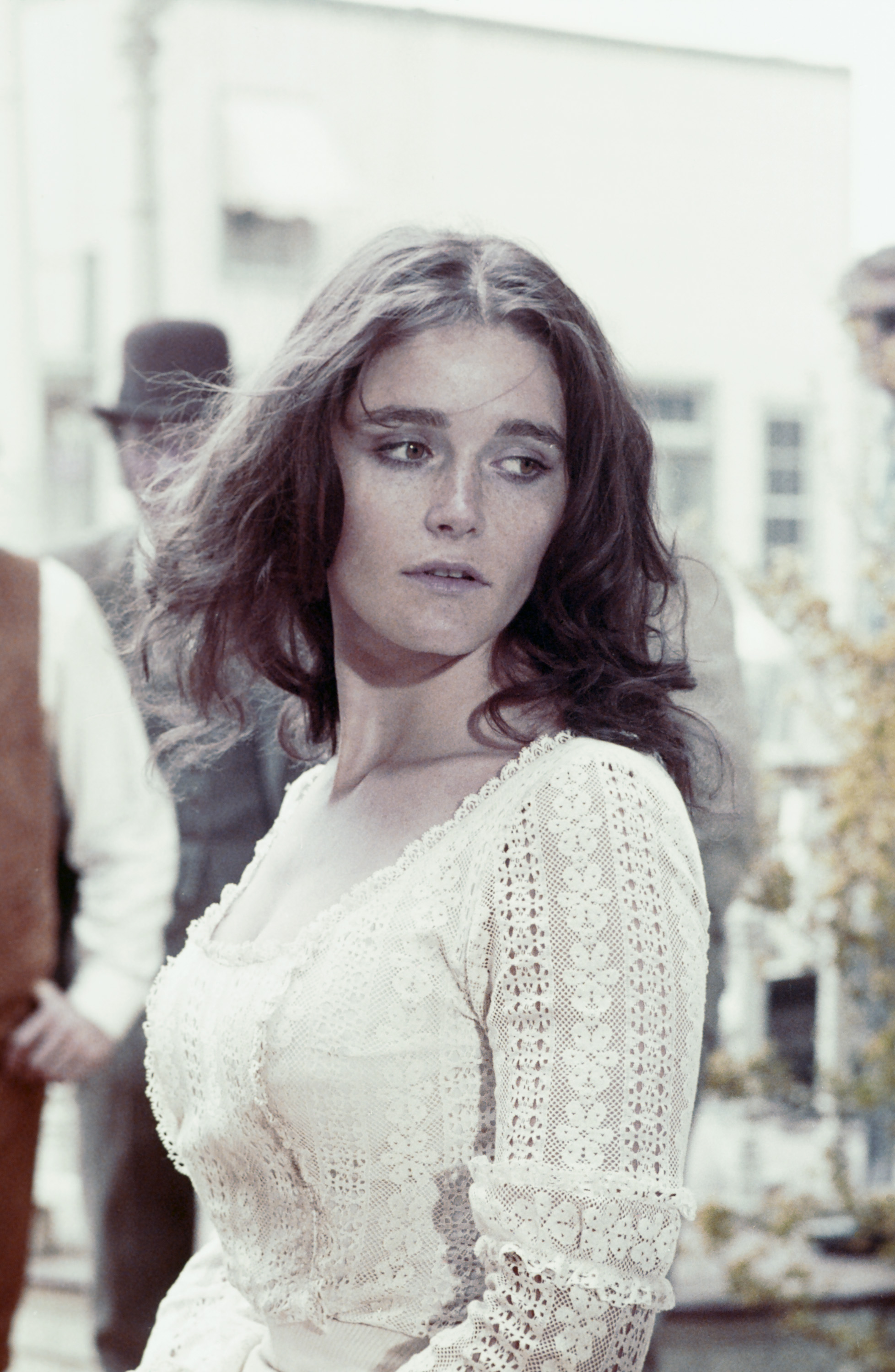
Actress Margot Kidder as Ruth in "Nichols" | Source: Getty Images
Unknowingly, they had ignited a fire that would burst into a full-blown acting career. Kidder began participating in school plays, leading in "Romeo and Juliet," and many others.
After graduation, she moved to Los Angeles, where she carved friendships with other struggling filmmakers such as Steven Spielberg, Martin Scorsese, and Susan Sarandon. They would sit around fires talking for hours about how they would change the world.
Kidder found herself dealing with plenty of prejudice and hotheads but was lucky enough to meet a Canadian agent, who secured her first role in the 1969 "Gaily, Gaily." That then led to a starring role in "Quackser Fortune Has a Cousin in the Bronx."
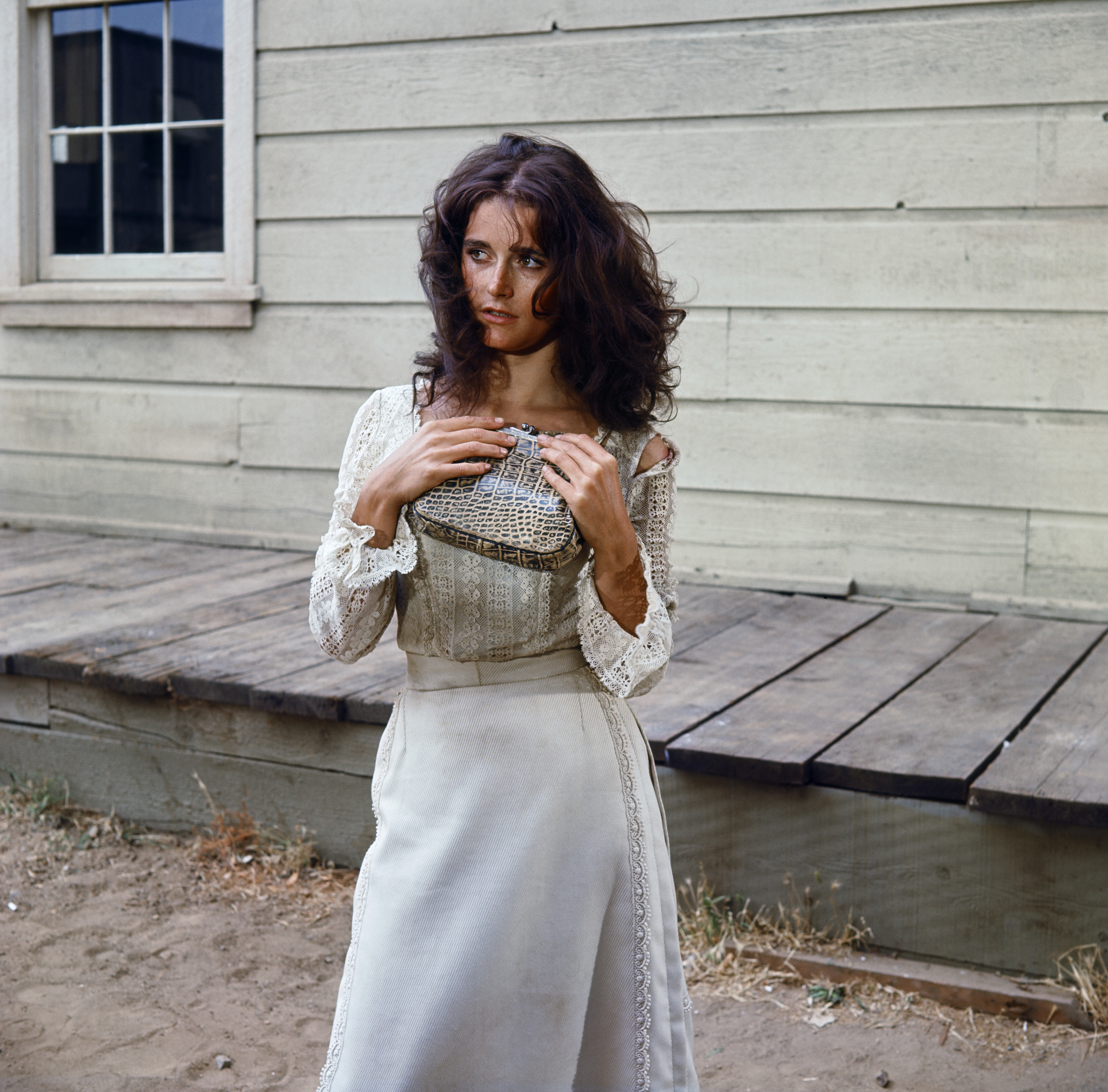
Margot Kidder on an episode of "Nichols." | Source: Getty Images
One Christmas season, Kidder became involved with Brian Russell De Palma, who gave her the script for "Sisters" as a Christmas gift. Kidder and Jennifer Salt both got the lead roles in the film, and their lives changed forever.
It made her a critically acclaimed actress, landing her a string of other roles in "Black Christmas," "The Great Waldo Pepper," "92 in the Shade," and "The Reincarnation of Peter Proud."
More intense roles followed, with the star appearing in "The Amityville Horror" and "Willie & Phil." In 1987, she appeared in her third "Superman" film, "Superman IV: The Quest for Peace." However, her roles began dwindling in the '90s.
Her stardom days were over, and her life was slowly spiraling out of control. Believe it or not, that was just the beginning of the downward trend. In truth, the genesis of her troubles was in 1990, when she suffered an auto accident while working on "Nancy Drew and Daughter." The accident left her confined to a wheelchair for a while.
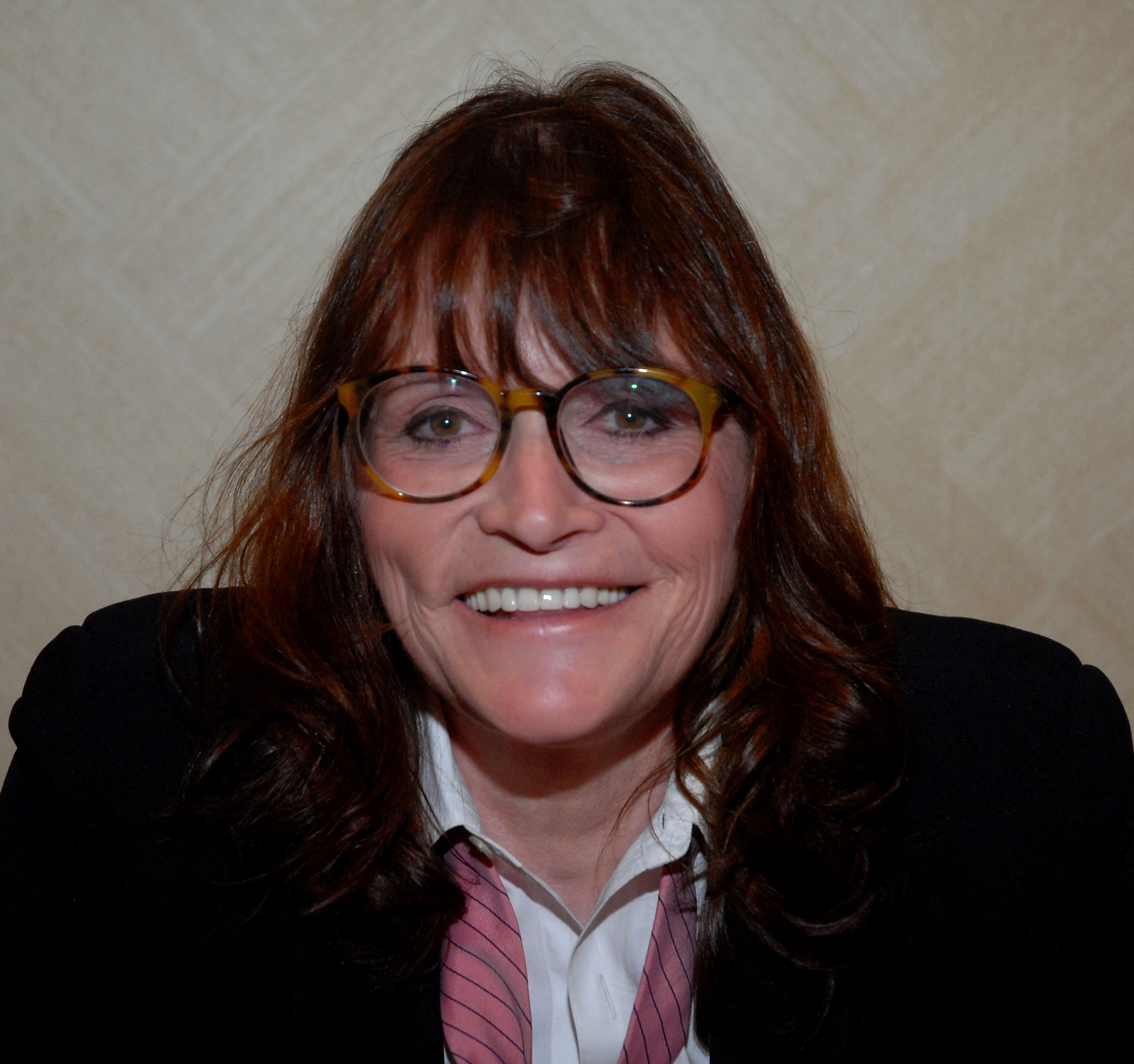
Margot Kidder at the Chiller Theatre in 2007 | Source: Getty Images
And while a back operation two years later restored her ability to walk, the medical bills, amounting to hundreds of thousands of dollars, left her bankrupt. Adding insult to injury, she became addicted to pain pills and alcohol.
She did seek help, even joining a 12-step group, but sadly, the worst was yet to come. Unfortunately, her manic depression manifested hugely in the mid-'90s, and in 1996, her condition took control of her life.
During one manic episode, the actress was found disheveled and disoriented, hiding in a backyard in Los Angeles with her tooth missing. The police described her as dirty, frightened, and paranoid.
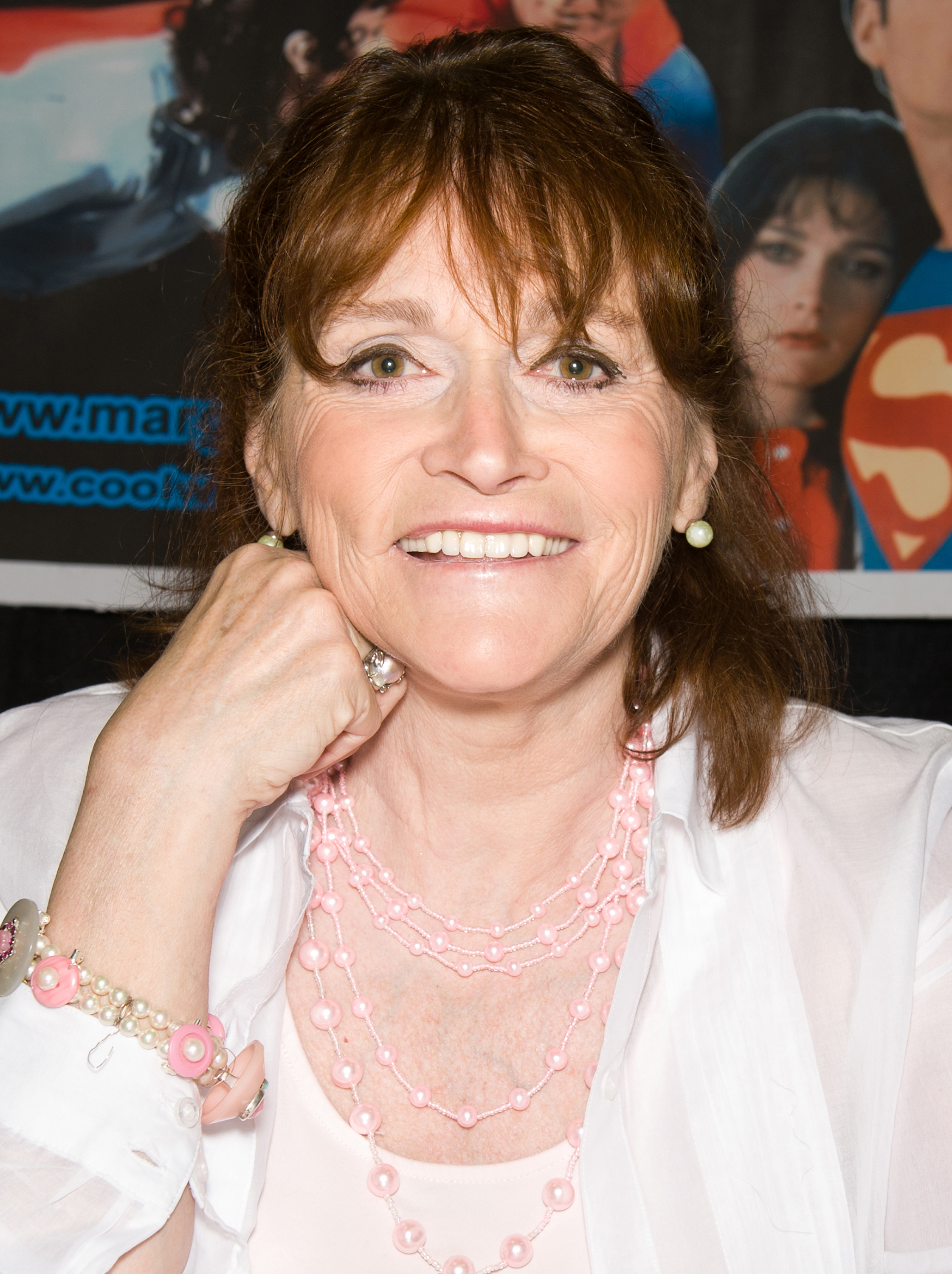
Actress Margot Kidder attends Wizard World's Philadelphia Comic Con 2011 at the Pennsylvania Convention Center on June 18, 2011 in Philadelphia, Pennsylvania. | Source: Getty Images
At the time of her highly publicized manic episode in April 1996, she had been working on an autobiography when her laptop was infected by a virus, causing her to lose three years' worth of work.
Around this time, she was also supposed to fly out to Arizona to give a class on career management at Eastern Arizona College. She chose instead to fly from her Montana home to California so a data retrieval company could help her retrieve her files, but it proved futile. She recalled:
"That's when I went from really distressed to absolute delusion."
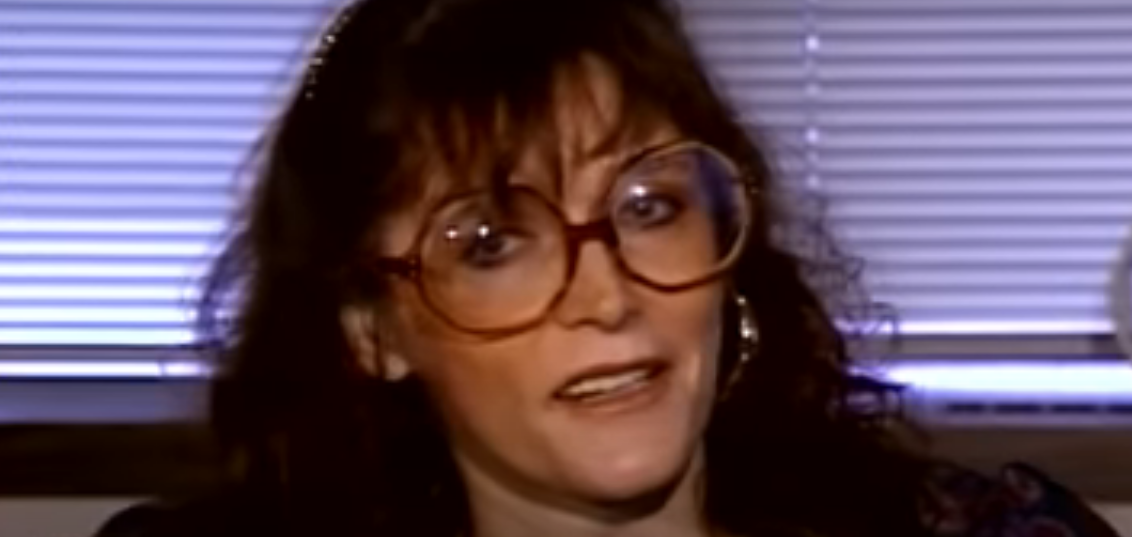
A screenshot of Margot Kidder in 1996 | Source: YouTube/Inside Edition
Kidder became disoriented and terrified, returning to L.A. Airport on April 20. At the same time, she became so paranoid she thought her ex-husband, McGuane, and the CIA were trying to kill her.
Later that night, she linked up with the TV crew from WBIR in Knoxville, Tennessee, and told them her fears. She said to them that her ex-husband had hired people to kill her, but anchorman Ted Hall, who recognized her, thought there was no truth to her claims. It did not help her story that she looked dirty and tired. She also had no purse as she had discarded it earlier, believing it had a bomb.
Early the following day, she took a taxi but could not pay for the trip because she had no money on her. And when she tried getting some from an ATM at the airport, her paranoia could not let her as she thought the machine would explode: "I took off running. I slept in yards and on porches in a state of fear."
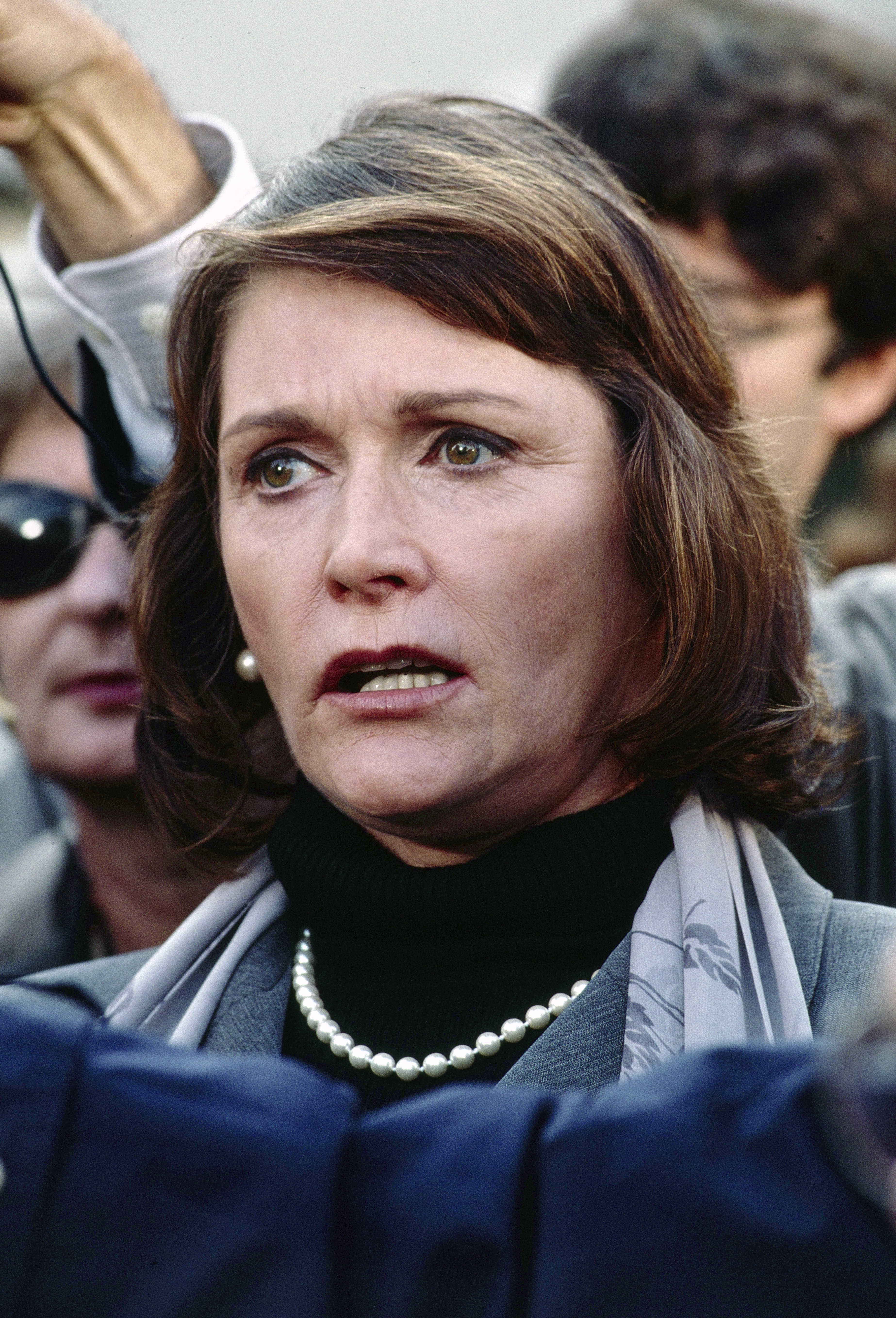
Margot Kidder in Los Angeles in 1999 | Source: Getty Images
By the afternoon, she found herself in downtown Los Angeles where she met two homeless men, Charlie and a friend. She joined them in Charlie's cardboard house, and despite being homeless, Charlie took excellent care of her. She retold:
"I was cold. I was hungry. I was terrified beyond belief. He stayed with me and held me."
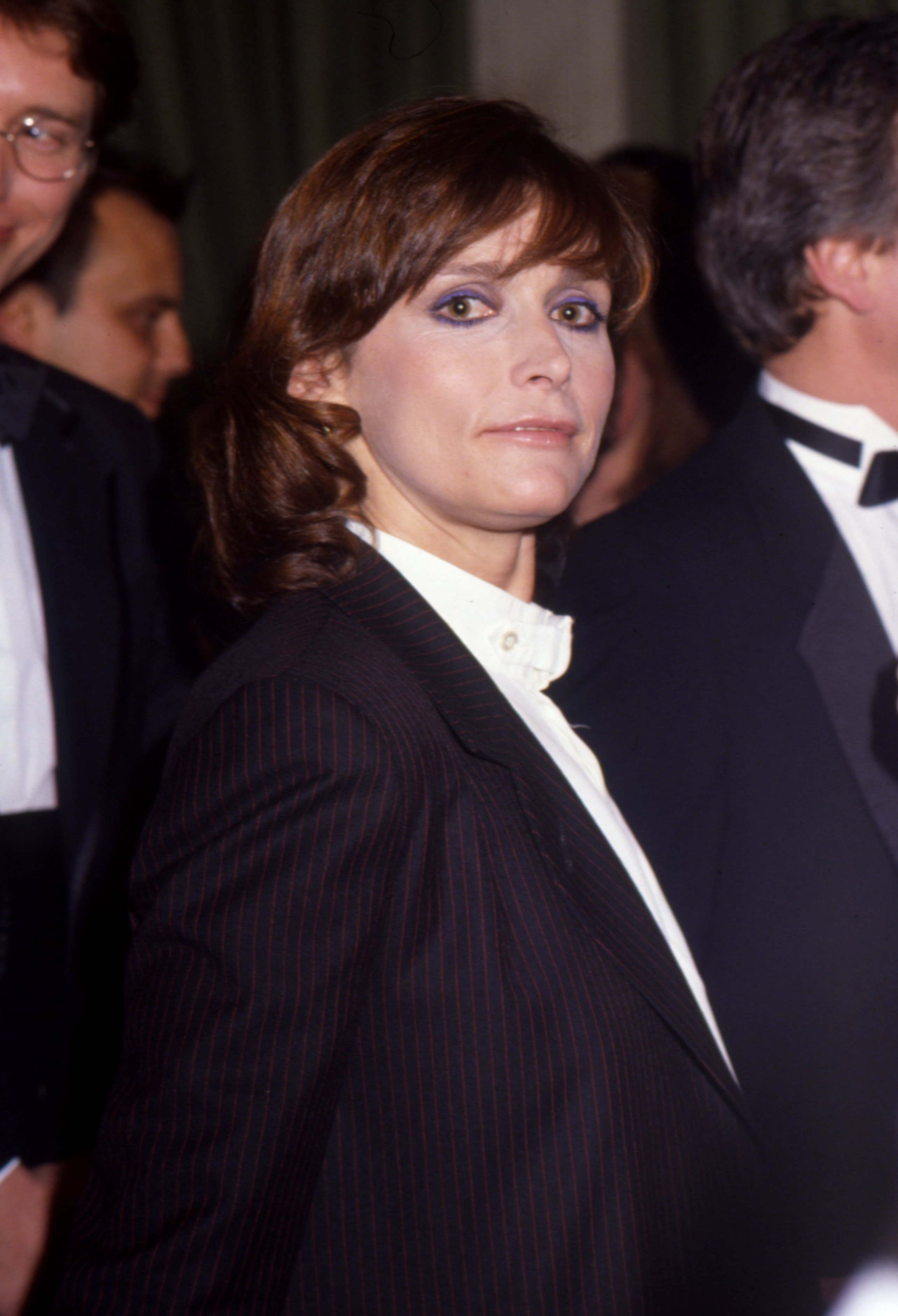
Actress Margot Kidder attends an event in circa 1991 circa 1991 in Los Angeles, California. | Source: Getty Images
The streets were tragically unkind to Kidder, and the next day, she lost her dental work after being punched by another homeless man during a failed rape attempt. But even in her state, she still looked out for others. She recalled seeing a homeless man light a pipe and telling him not to do that to his body. The man asked her not to judge, and Kidder recalls thinking:
"He's right. I have no right to be superior. Here I am. I am homeless."
Days earlier, when Kidder did not turn up in Arizona, her agent John Blake called her daughter, Maggie. Maggie and Kidder's relationship was estranged for years, but she did all she could to find her missing mom.
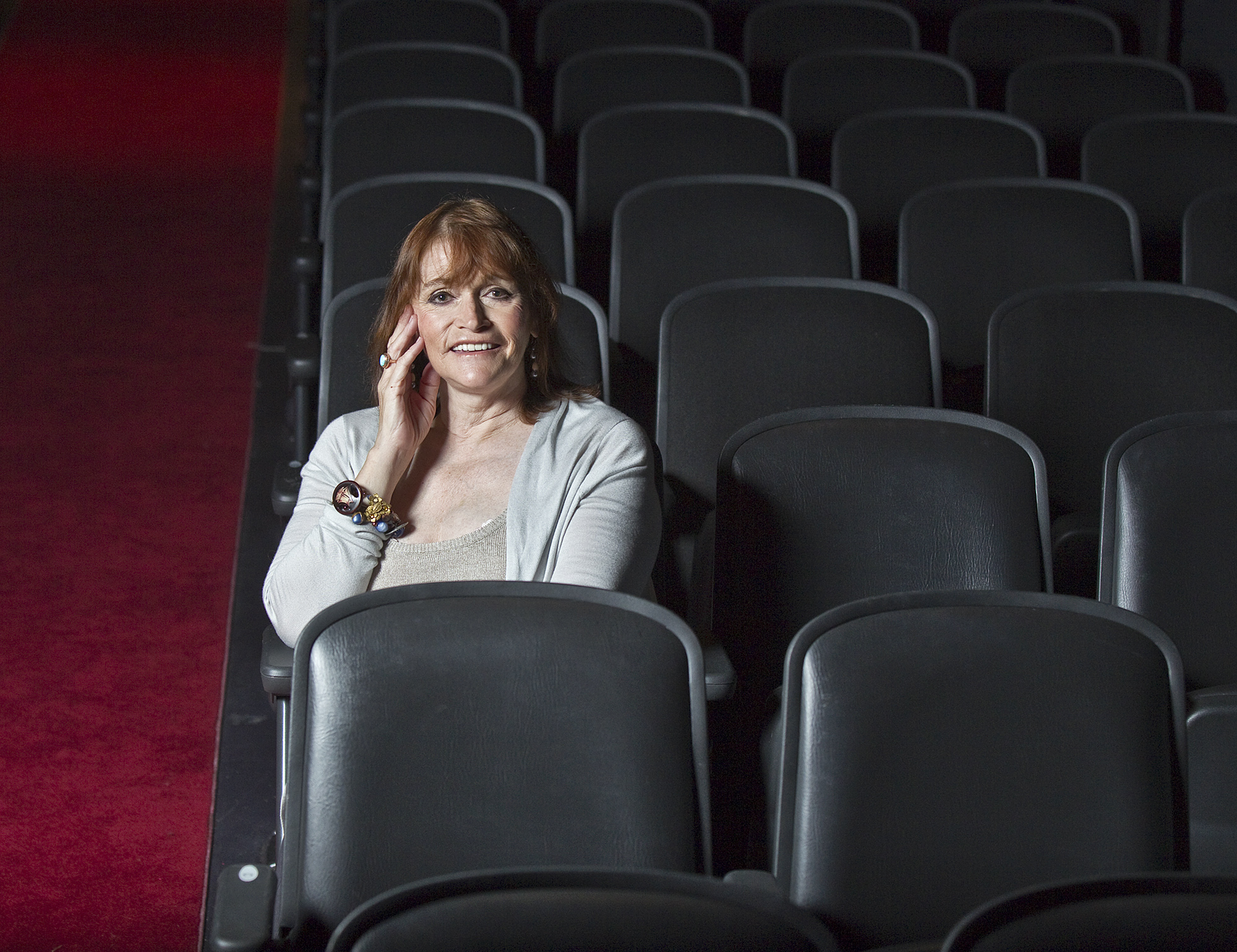
Iconic actress Margot Kidder, poses for a photo Monday August 9, 2010 inside of Toronto's Panasonic Theatre | Source: Getty Images
She worked with the Los Angeles police making numerous calls to friends of Kidder. Maggie even tore apart her mother's cabin looking for Kidder's contacts. But the search did not look too promising, and at some point, the police even told her how unsure they were that they'd find Kidder alive.
On April 22, Kidder set off to see a friend who lived about 12 miles north of downtown Los Angeles. She tried her best to disguise herself, afraid that her ex-husband was pursuing her. That evening, Kidder spent the night in a motel and the next day began walking up what she said was an "endless mountain," thinking how much life had changed.
But even though life had handed her the short end of the stick, she had a moment of clarity and remembered she was still the Kidder people loved. At that moment, she felt less driven to disguise herself. She entered a backyard in Glendale and met the homeowner, Elaine Lamb.
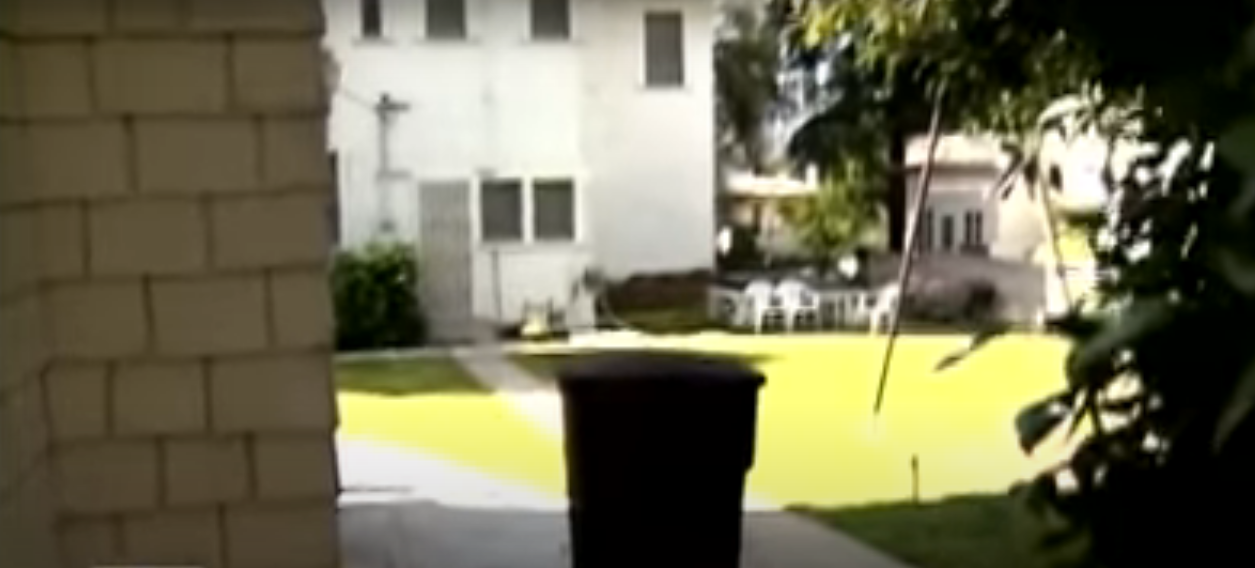
The backyard where Margot Kidder was found after disappearing for four days | Source: YouTube/Inside Edition
Lamb tipped off the police, who took the "Some Kind of Hero" star to Olive View Medical Center. Two days later, her sister Anne transferred her to UCLA Medical Center, where the doctors put her under observation.
Five days after that, a judge approved her release from UCLA after she proved she was of no harm to herself or her loved ones.
She moved into a rented house on an island near Vancouver where the press would not get a hold of her, even as her brother John introduced her to manic-depression author Jamingson's writings. Finally, Kidder accepted her diagnosis, and the road to healing began.
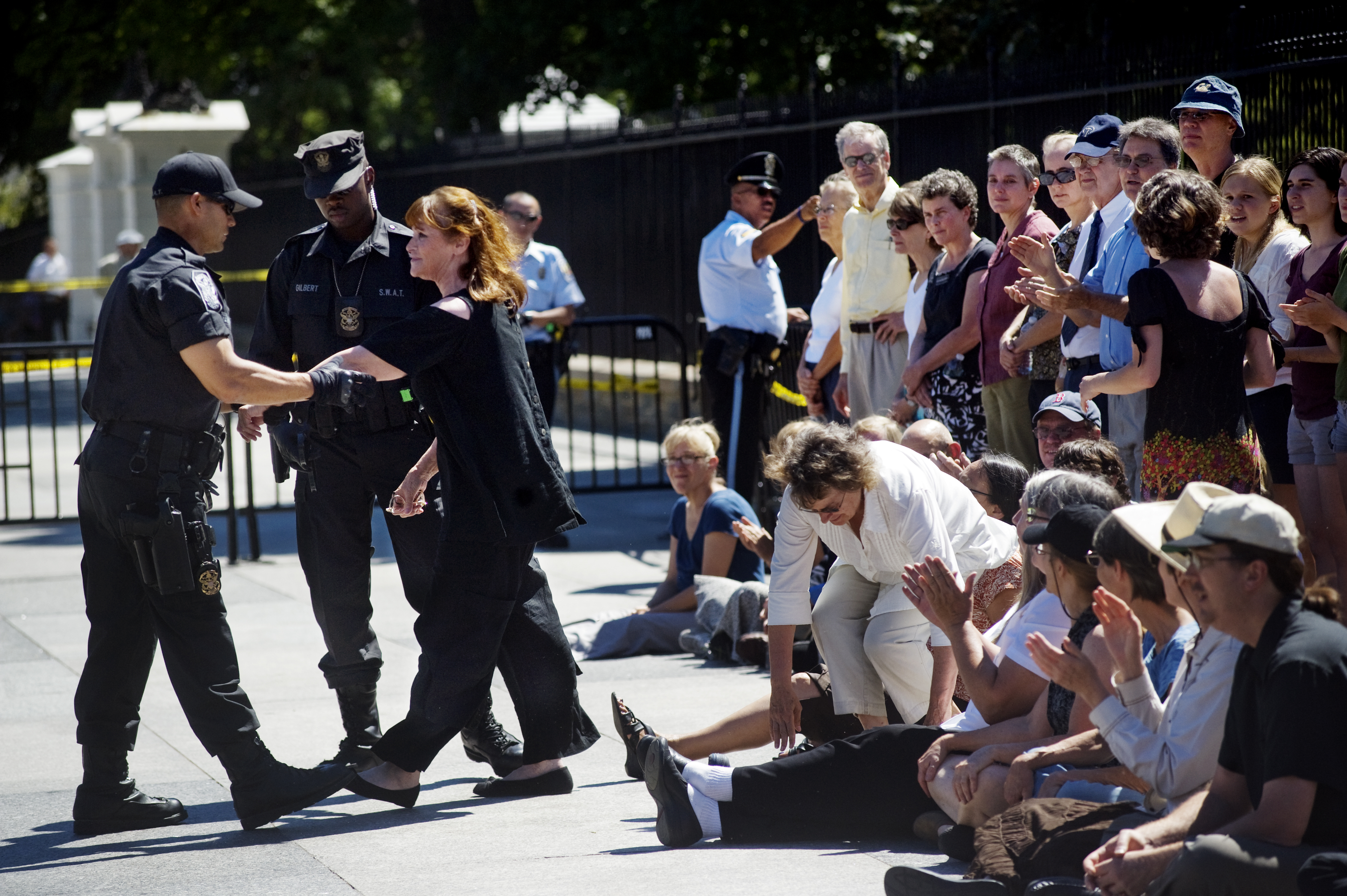
Margot Kidder, is arrested during day 4 of the Tar Sands Action in front of the White House on August 23, 2011 in Washington, DC. | Source: Getty Images
Two things changed for her in the aftermath of her troubles. She began landing roles and gradually returned to work, appearing in guest shots of "Murder, She Wrote," and even landing a lead role in "Never Met Picasso."
Her relationship with her daughter also improved. That June, she returned to her Livingston home and continued rebuilding her life and relationships.
Kidder's Death and Her Daughter's Thoughts About Her
Kidder's recovery saw her rebuild her career and get back on her feet. For the next decade or so, she appeared in various roles, including "The Clown at Midnight," "Hockey Mom," and "Cool Money," among many others. But besides that, she also became a grandmother.
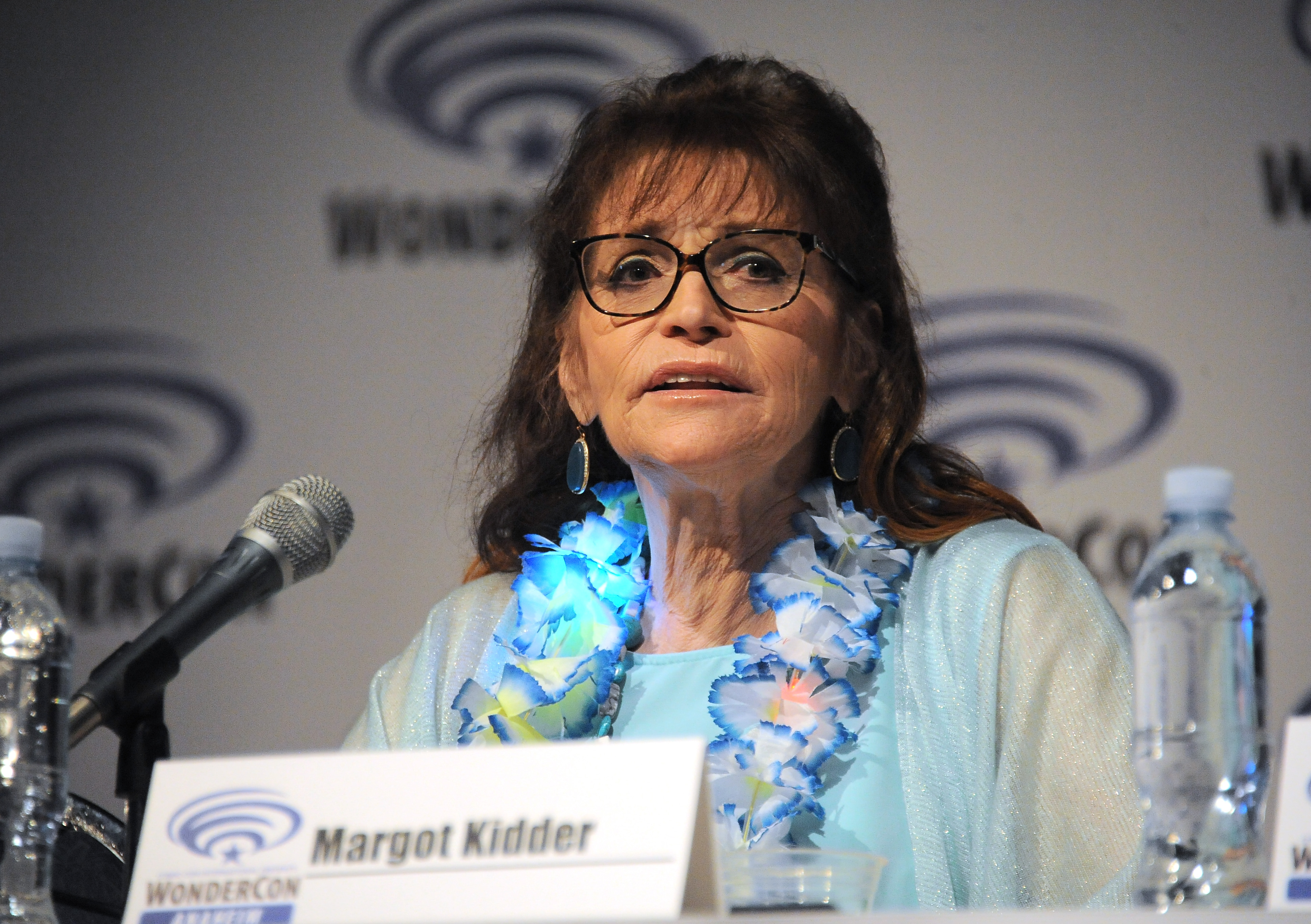
Actress Margot Kidder attends day 2 of WonderCon Anaheim 2015 held at Anaheim Convention Center on April 4, 2015 in Anaheim, California. | Source: Getty Images
In 2003, during a chat with Seamus O'Regan, she disclosed that she had attempted to take her life on many occasions and had not figured out her future because she did not think she would live that long.
She counted herself lucky to be alive long enough to see her grandbabies. Sadly her new lease on life ended when the star died on May 13, 2018, at her house in Montana.
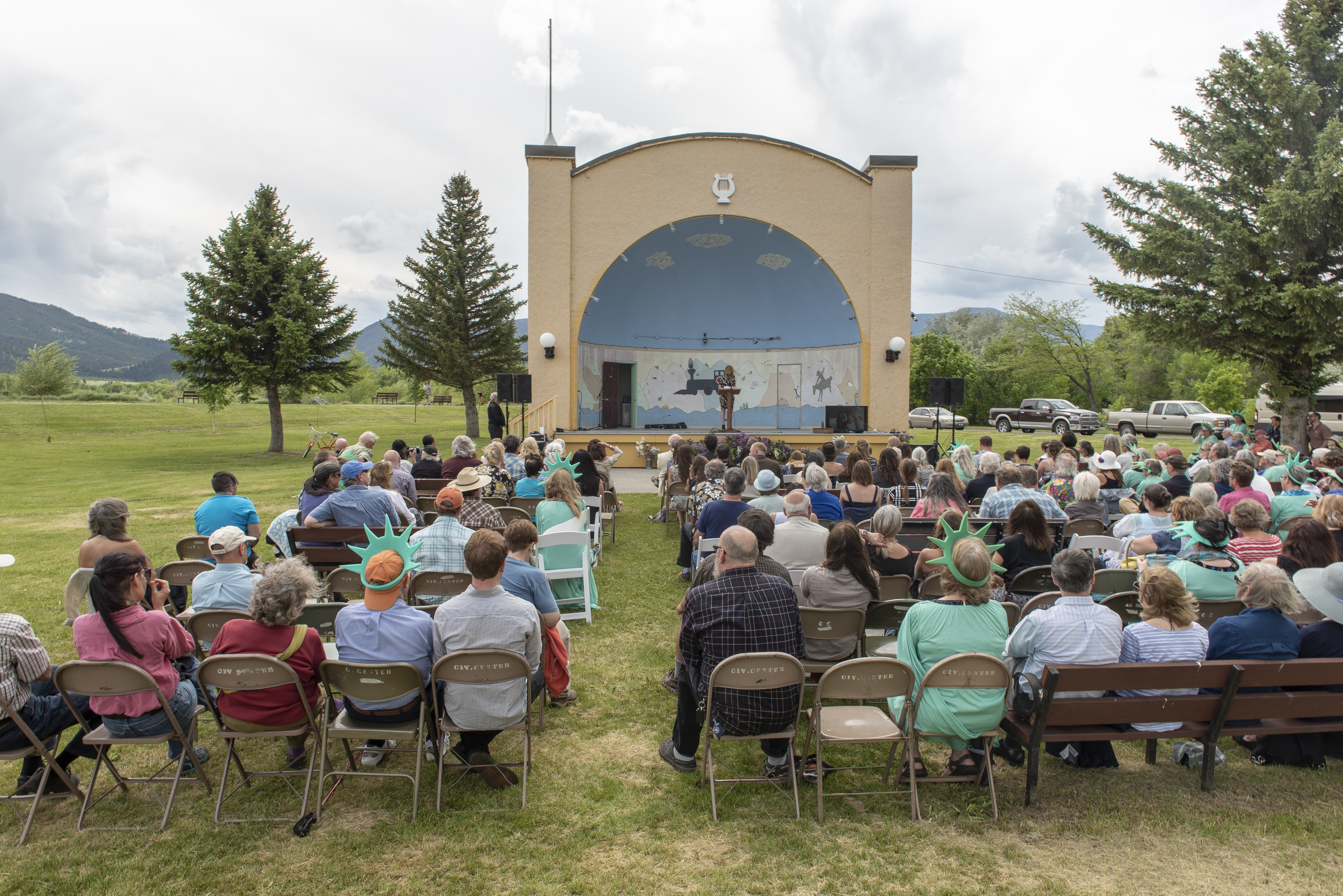
Maggie McGuane, the daughter of the late Margot Kidder, remembers her mother at a memorial service in Kidder's hometown of Livingston, MT on May 31, 2018. | Source: Getty Images
Her manager reported that she'd been found laying peacefully in her sleep, which was how many believed she had exited the world.
However, a coroner's report a few months later stated that she had taken her own life. At 69, she died just as she had always imagined she would -- by her own hand.
Her daughter's husband gave a public statement days after the actress's demise, noting that the experience had been challenging for his wife, and she chose not to make any public comments.
Months later, despite being shaken by her mother's demise, Maggie opened up for the first time. She said that it had taken her so much time, not because she was private but because she did not know what to say.
She was unsure whether she would speak about her mother in the truth of how she had led her life -- and how difficult it had been dealing with her -- or paint her in the light that many knew her -- as an accomplished actress, a loving mom, a doting grandma, and a dedicated activist. She wondered:
"Which is the actual tribute?"
The confusion over what facet of Kidder's life she'd show to people led Maggie to remain quiet for so long. Her mother's death was devastating, but she had to move on with her life. Years after her mother's demise, she is living out her best life, raising her kids, and enjoying her marriage to her husband, Chad Franscoviak.
The information in this article is not intended or implied to be a substitute for professional medical advice, diagnosis or treatment. All content, including text, and images contained on news.AmoMama.com, or available through news.AmoMama.com is for general information purposes only. news.AmoMama.com does not take responsibility for any action taken as a result of reading this article. Before undertaking any course of treatment please consult with your healthcare provider.
